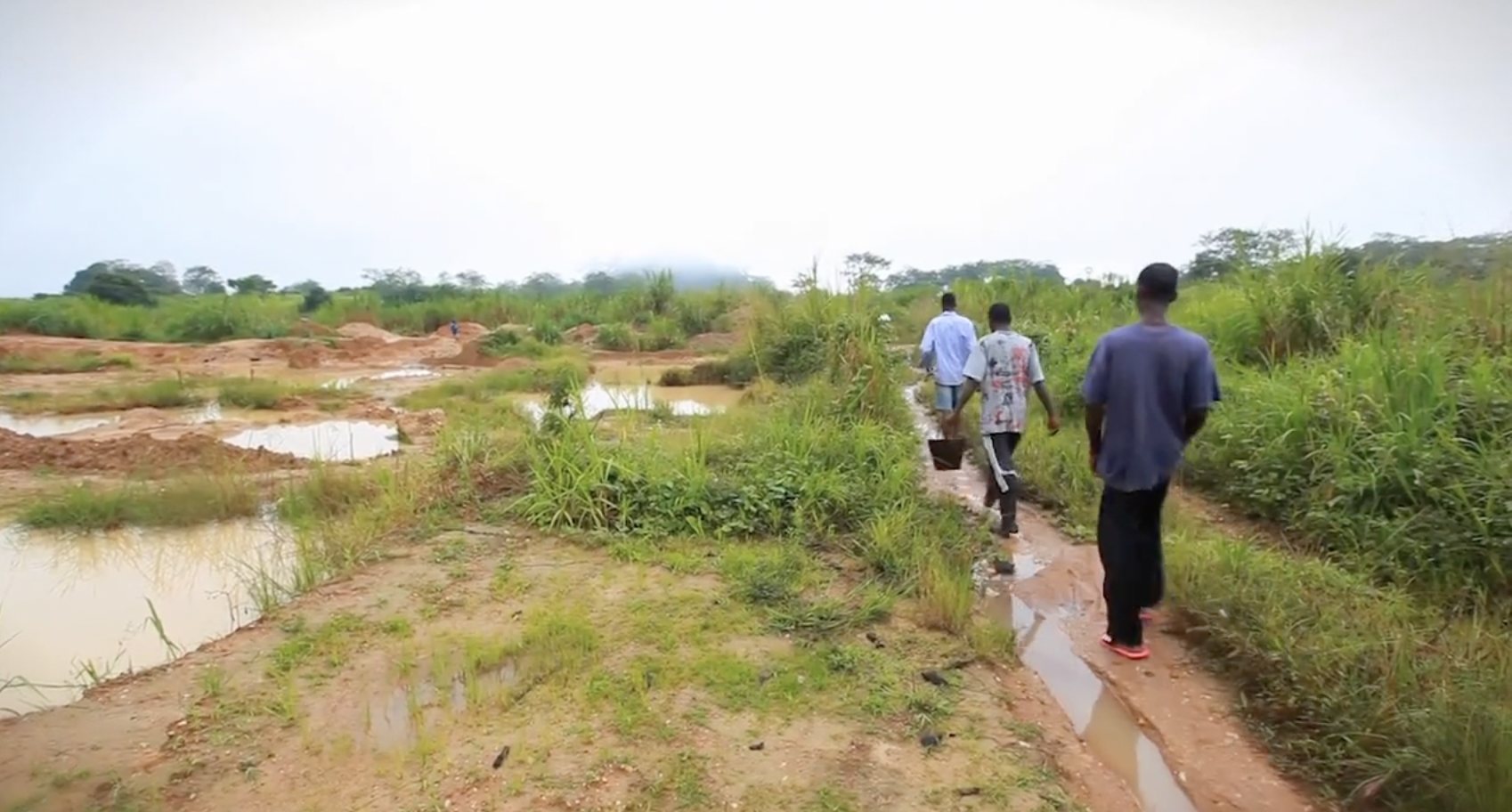
Donations
Donations of NTD medications have been a longtime pillar of the fight against NTDs. Since the 2012 London Declaration, companies have donated more than 14 billion NTD treatments and also invested in innovation, worked with partners to resolve supply chain issues, and supported country governments and non-governmental organizations to deliver medicines to those in need.
-
Lymphatic Filariasis (LF)
A parasitic disease that impairs the body’s lymphatic system and can lead to physical impairments and lifelong disability.
Progress: 17 countries have eliminated LF since 2012. Over 8.6 billion cumulative treatments have been delivered since 2000. However, 863 million people in 47 countries worldwide remain threatened by lymphatic filariasis.
Eisai donates DEC, GSK donates Albendazole, and Merck donates Mectizan to prevent LF. AbbVie donates drug discovery and expertise
-
Soil-transmitted helminth (STH)
Infections are parasitic diseases that impair the physical development of children and reduce the body’s ability to absorb nutrients and vitamins, leading to a loss of iron and protein.
Progress: In 2016, 38 countries reached the World Health Assembly’s target of treating at least 75% of school-age children for STHs. Approximately 1.5 billion people worldwide are infected with STHs.
GSK donates Albendazole and J&J donates Mebendazole to treat STHs.
-
Schistosomiasis
A water-borne, parasitic disease spread by freshwater snails that affects the urinary or intestinal system, and causes abdominal and pelvic pain, diarrhea, blood in the stool, urine or sperm, and pain during intercourse.
Progress: Over the past decade, treatment campaigns for schistosomiasis have scaled up in most sub-Saharan African countries, where more than 90% of those at risk live. Approximately 236.6 million people still required treatment for schistosomiasis in 2020.
Merck KGaA, Darmstadt, Germany donates Praziquantel primarily for school age children to treat schistosomiasis
-
Human African Trypanosomiasis (HAT or Sleeping Sickness)
A parasitic disease that affects the central nervous system, which is almost always fatal if untreated.
Progress: Cases of HAT dropped below 10,000 in 2009 for the first time in 50 years. In 2021, while only 805 new people were infected with HAT, HAT is endemic in sub-Saharan Africa where 53 million people remain at risk.
Bayer donates Suramin for rHAT and Nifurtimox for NECT of gHAT. Sanofi donates a multi-drug therapy (pentamidine, melarsoprol, eflornithine) and fexinidazole to treat HAT.
-
Leprosy
A communicable disease that carries a heavy stigma and affects the skin, peripheral nerves, and the upper respiratory tract.
Progress: Over 16 million leprosy patients have been treated with MDT over the past 20 years, resulting in a general reduction in new cases. The number of new cases was almost cut in half from 2011 to 2020 alone, with 127,558 new leprosy cases worldwide in 2020.
Novartis donates Multi-Drug Therapy (MDT) to treat leprosy
-
Visceral leishmaniasis (VL)
A parasitic disease spread by sandflies that causes bouts of fever, weight loss and malnutrition, enlargement of the spleen and liver and anemia.
Progress: An estimated 50,000-90,000 new cases of VL still occur annually (with only 25-45% reported to WHO).
Gilead donates AmBisome and Sanofi donates MDT regimens to treat VL.
-
Trachoma
A bacterial eye disease that is the world’s leading infectious cause of blindness.
Progress: The number of people at risk for trachoma has dropped by 91% globally, from 1.5 billion in 2002 to only 136.2 million in 2021.
Pfizer donates Azithromycin to treat Trachoma.
-
Chagas
A parasitic disease that can result in heart problems and the destruction of the muscle and nervous system when untreated.
Progress: Thirty years ago, an estimated 175 million people were infected with Chagas. Today, around 6-7 million people are infected with the disease worldwide, and around 75 million people remain at risk.
Bayer donates Nifurtimox to treat Chagas.
-
Onchocerciasis
A parasitic disease spread by blackflies that causes intense inflammation in the eyes and skin and can lead to visual impairment and permanent blindness.
Progress: 1.8 million people live in areas that no longer require mass drug administration for onchocerciasis. However, over 240 million people still live in areas known to be endemic for onchocerciasis, most of which are in African countries.
Merck donates Mectizan to treat onchocerciasis. AbbVie donates drug discovery and development.